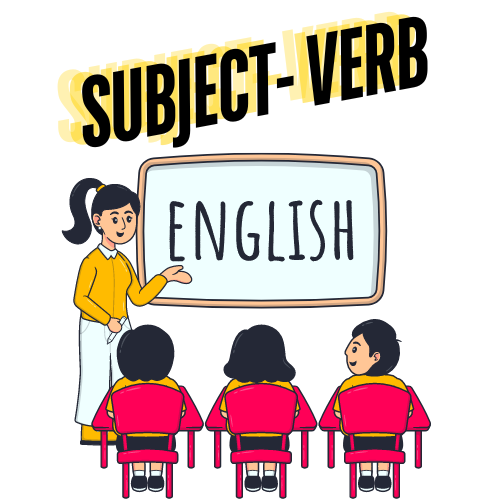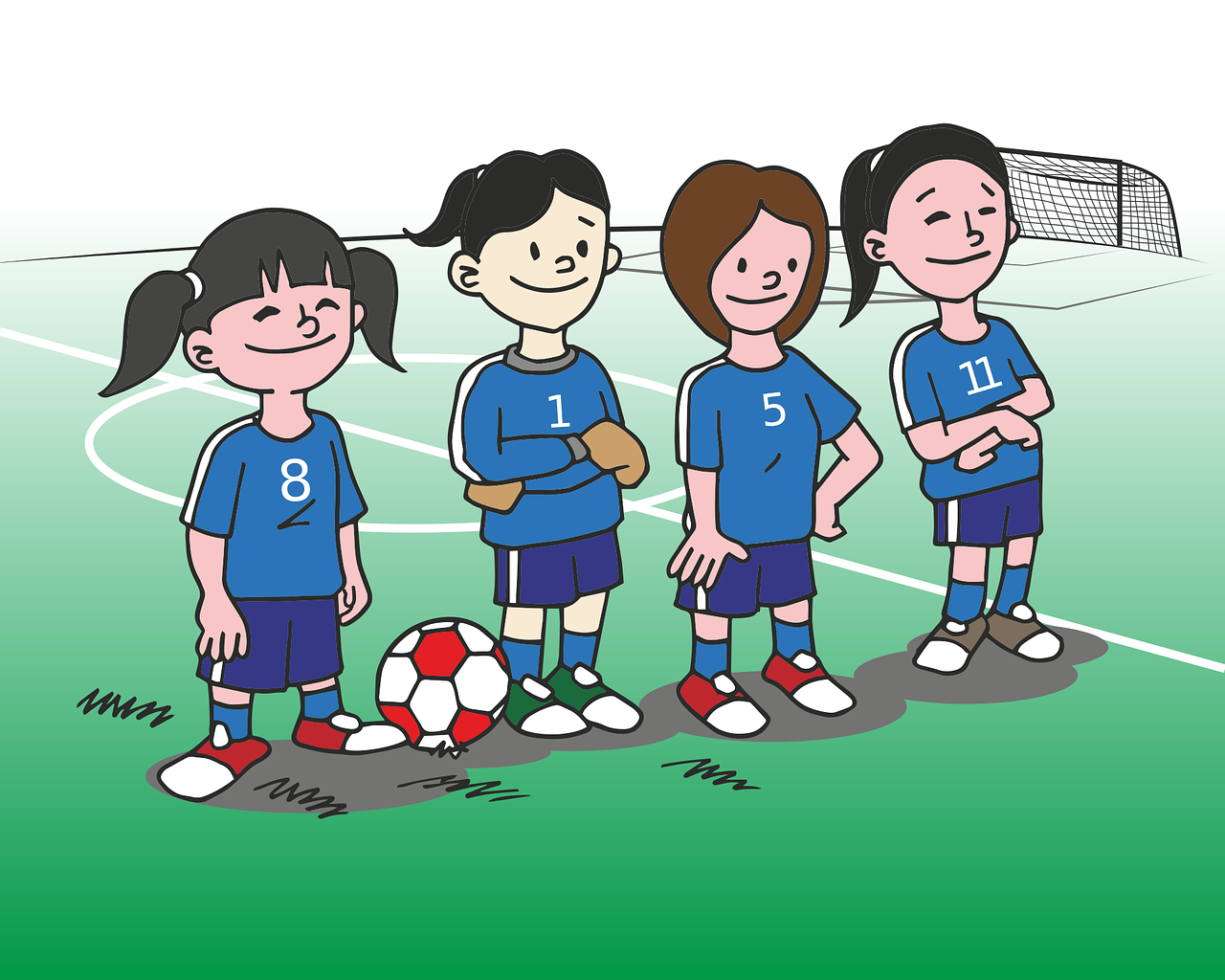

Introduction:
Welcome to our intermediate English learning lesson on subject-verb agreement! Mastering subject-verb agreement is crucial for constructing grammatically correct sentences in English. In this lesson, you will learn the importance of subject-verb agreement and how to ensure the subject and verb in a sentence match in number. This knowledge is essential for effective communication and writing in English. Let’s explore the rules and examples of subject-verb agreement to enhance your language skills!
Lesson Content:
Introduction to Subject-Verb Agreement:
Explanation:
Subject-verb agreement refers to the grammatical rule that the subject and verb in a sentence must agree in number, meaning they must both be singular or both be plural. This rule is fundamental in English grammar to ensure clarity and accuracy in communication.
Singular Subjects and Singular Verbs:
Definition: Singular subjects are singular nouns or pronouns such as "he," "she," "it," and singular nouns. Singular verbs typically end in "s" or "es."
Examples:
"She runs."
"The cat sleeps."
Plural Subjects and Plural Verbs:
Definition: Plural subjects are plural nouns or pronouns such as "they," and plural verbs do not end in "s" or "es."
Examples:
"They run."
"The cats sleep."
Subject-Verb Agreement with Compound Subjects:
Explanation: When a sentence has compound subjects joined by "and," the verb should be plural.
Examples:
"John and Mary play."
"The dog and the cat sleep."
Special Cases:
Indefinite Pronouns: Indefinite pronouns such as "everyone," "someone," "anyone," and "nobody" are singular and take singular verbs.
Examples:
"Everyone is here."
"Someone calls every day."
Collective Nouns: Collective nouns such as "team," "family," "group," and "committee" can be singular or plural depending on the context. Usually, they are treated as singular.
Examples:
"The team plays well."
"The family is large."
By understanding these rules and practicing with examples, you can improve your ability to construct grammatically correct sentences in English.
Introduction: Welcome to our intermediate English learning lesson on subject-verb agreement! Mastering subject-verb agreement is crucial for constructing grammatically correct sentences in English.
In this lesson, you will learn the importance of subject-verb agreement and how to ensure the subject and verb in a sentence match in number.
This knowledge is essential for effective communication and writing in English.
Let’s explore the rules and examples of subject-verb agreement to enhance your language skills! Lesson Content: Introduction to Subject-Verb Agreement: Explanation: Subject-verb agreement refers to the grammatical rule that the subject and verb in a sentence must agree in number, meaning they must both be singular or both be plural.
This rule is fundamental in English grammar to ensure clarity and accuracy in communication.
Singular Subjects and Singular Verbs: Definition: Singular subjects are singular nouns or pronouns such as "he," "she," "it," and singular nouns.
Singular verbs typically end in "s" or "es." Examples: "She runs." "The cat sleeps." Plural Subjects and Plural Verbs: Definition: Plural subjects are plural nouns or pronouns such as "they," and plural verbs do not end in "s" or "es." Examples: "They run." "The cats sleep." Subject-Verb Agreement with Compound Subjects: Explanation: When a sentence has compound subjects joined by "and," the verb should be plural.
Examples: "John and Mary play." "The dog and the cat sleep." Special Cases: Indefinite Pronouns: Indefinite pronouns such as "everyone," "someone," "anyone," and "nobody" are singular and take singular verbs.
Examples: "Everyone is here." "Someone calls every day." Collective Nouns: Collective nouns such as "team," "family," "group," and "committee" can be singular or plural depending on the context.
Usually, they are treated as singular.
Examples: "The team plays well." "The family is large." By understanding these rules and practicing with examples, you can improve your ability to construct grammatically correct sentences in English.
|
|

Singular SubjectsSingular Subjects |

hehe |

sheshe |

itit |

JohnJohn |

MaryMary |

the catthe cat |

the dogthe dog |

the teacherthe teacher |

Singular nounsSingular nouns |

bookbook |

chairchair |

appleapple |

carcar |

Indefinite pronounsIndefinite pronouns |

everyoneeveryone |

somebodysomebody |

nobodynobody |

Collective nounsCollective nouns |

teamteam |

familyfamily |

committeecommittee |

Singular VerbsSingular Verbs |

runsrunsThe verb "runs" typically refers to the action of moving swiftly on foot, or operating or functioning, such as a machine, organization, or system. |

sleepssleeps |

eatseats |

worksworks |

playsplays |

readsreads |

writeswrites |

listenslistens |

speaksspeaks |

teachesteaches |

drivesdrivesThe verb "drives" typically refers to the action of operating a vehicle, guiding it along a route or path, usually with the intention of reaching a destination. |

cookscooksThe verb "cook" describes the action of preparing food by applying heat, often in various methods such as baking, frying, boiling, or grilling. |

laughslaughs |

criescriesis the present tense form of the verb "cry." It typically describes the action of shedding tears or making loud sounds expressing distress or pain. |

Plural SubjectsPlural Subjects |

theythey |

wewe |

youyou |

catscats |

dogsdogs |

birdsbirds |

fishfish |

Plural nounsPlural nouns |

booksbooks |

chairschairs |

applesapples |

carscars |

Indefinite pronounsIndefinite pronouns |

somesome |

manymany |

fewfew |

Collective nounsCollective nouns |

teamsteams |

familiesfamilies |

committeescommittees |

Plural VerbsPlural Verbs |

runrun |

sleepsleep |

eateat |

workwork |

playplay |

readread |

writewrite |

listenlisten |

speakspeak |

teachteach |

drivedriveThe verb "drive" typically refers to the action of operating a vehicle, guiding it along a route or path, usually with the intention of reaching a destination. |

cookcook |

laughlaugh |

crycry |

Compound SubjectsCompound Subjects |

John and MaryJohn and Mary |

the dog and the catthe dog and the cat |

birds and beesbirds and bees |

Compound nounsCompound nouns |

peanut butter and jellypeanut butter and jelly |

fish and chipsfish and chips |

Special CasesSpecial Cases |

everyoneeveryone |

anybodyanybody |

nobodynobody |

teamteam |

familyfamily |

committeecommitteea group of people appointed for a specific function, typically consisting of members of a larger group. |

eacheach |

everyevery |

eithereither |

neitherneither |

Examples of SentencesExamples of Sentences |

She runsShe runsThe verb "runs" is the third-person singular form of the verb "to run" in the present tense. It describes the action of moving swiftly on foot, specifically when referring to a female subject, as in "she runs." |

The cat sleepsThe cat sleeps |

They eat applesThey eat apples |

John and Mary playJohn and Mary play |

The dogs barkThe dogs bark |

Everyone is hereEveryone is here |

The team plays wellThe team plays well |
Congratulations! You've now learned the fundamental rules of subject-verb agreement in English.
By ensuring that your subjects and verbs agree in number, you can write and speak more accurately.
Keep practicing these rules to enhance your grammar skills and proficiency in English.